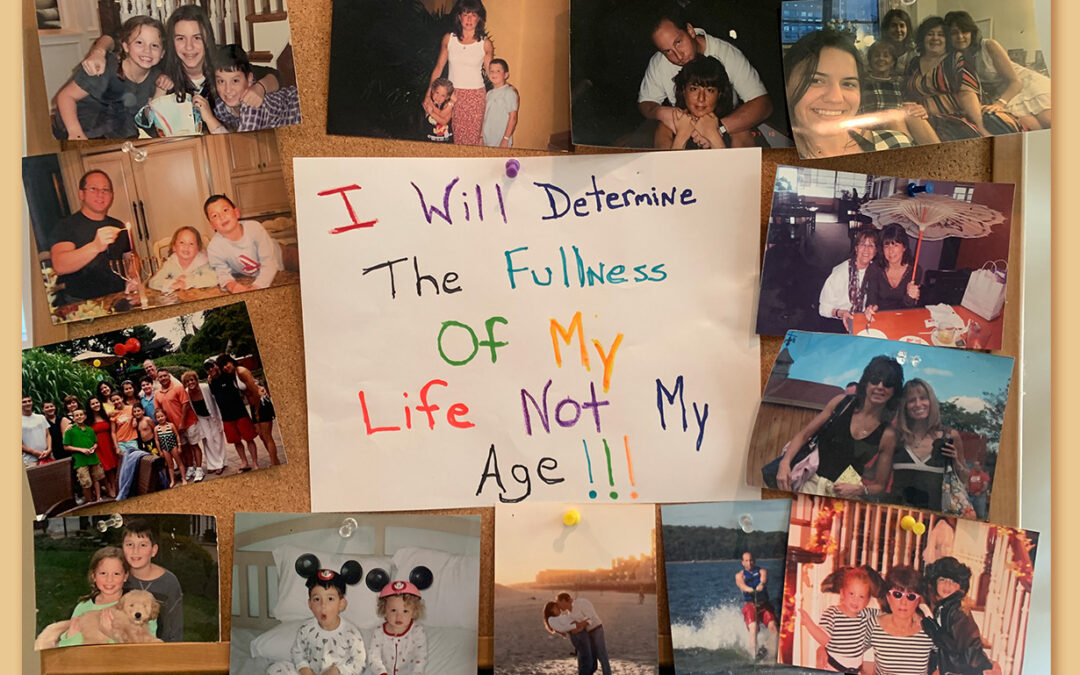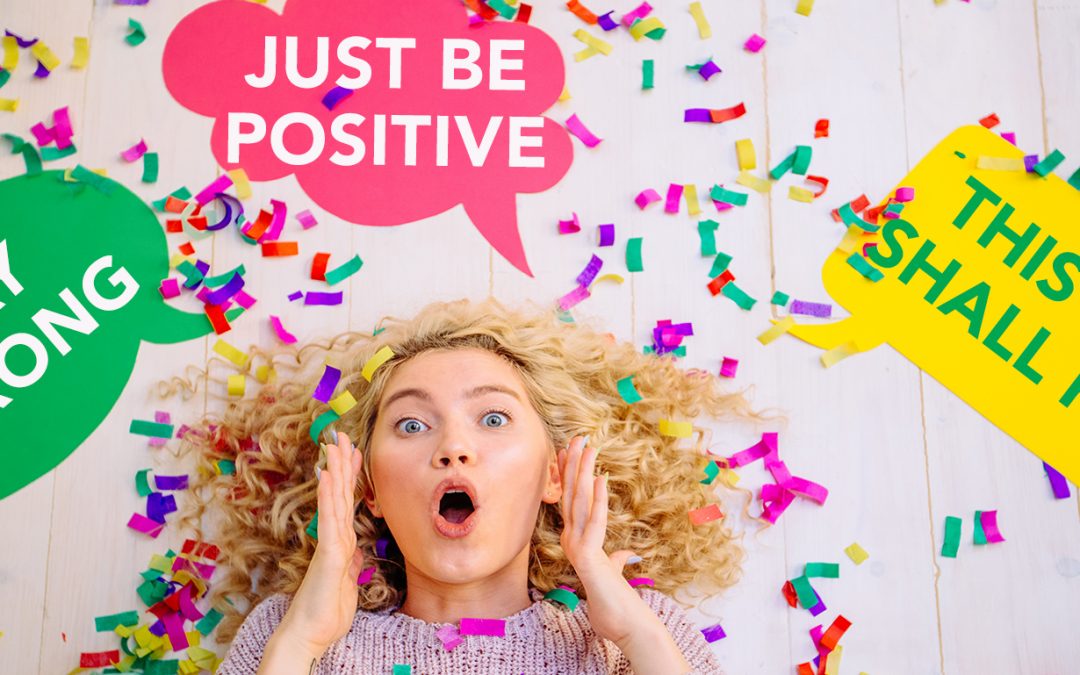
Change of Season, Change of Perspective??
4-Part Prescription For Cultivating Self-Love
‘Change of season, change of perspective…’
Was the thought in the back of my mind when I sat down to complete my Values Assessment for the nth time.
But I hadn’t bargained on exactly how much of a change it would be…
Now, before I go any further, I should explain that a Values Assessment is a tool I use with all my clients, and something I encourage them to come back to, at least annually.
And the Fall run up to the Holidays is the perfect time for this, because it forces us to turn our attention to ourselves—and lays valuable groundwork for January’s habit of setting goals and starting afresh.
(If you’ve never done one before, you can read more about that here.)
Now, I’ve been completing Values Assessments for as long as I’ve been a life coach (that’s well over a decade). And to put this into perspective, I’ve never uncovered the insight I discovered last week, namely that…
Self-Love is now my highest priority.
And this got me thinking: why is this such a surprise for me, especially given I’m a Women’s Transformational Life-Coach?
Well, the answer is right there…
Why is Self-Love So Hard for Women To Achieve?
Yup the truth is Self-Love is something almost impossible for us women to cultivate.
It feels self-indulgent…
Selfish even…
And fact is, we’re just not socialized that way.
Instead, we’re the life-bearers, the life-givers. We’re self-less. We put everyone else before ourselves, solve everyone else’s problems before our own…
And spend way too much time comparing our imaginary flaws to everyone else’s imaginary perfections.
So that makes it even more impossible to suddenly be like ‘hey, I’m gonna love myself!’
And all that got me thinking…
What if there was a prescription for Self-Love? A simple formula we could tap into whenever we need a little TLC?
Well, that’s why after years of writing, speaking and working with women on this topic I’ve taken everything I’ve learned (including a bunch of lessons I’ve already shared with you) and rolled it up into one simple prescription that you can call on whenever the chips are down, and you need a little care and attention.
And here is it…
The 4-Part Prescription for Lasting Self-Love
Part 1: Progress Over Perfection
Put simply this is all about letting go of the perfectionist mindset we’ve been spoon-fed from day 1, and move ourselves towards an optimialist perspective.
So what does that look like?
Well, The ‘Perfectionist’ is SO on point she fails to embrace reality. She’ll work 16 hours a day, AND stay super-healthy/be a model spouse/the perfect mother/be super active in the community/BFF to millions…
Maybe this resonates?
The ‘Optimialist’ on the other hand, is healthy and striving—but uses these high standards to fuel her growth.
In other words, she rubs her vision up against reality. She aspires to be her best—within reason. And she understands that there are only so many hours in the day, and constructs a healthy optimal life within these boundaries.
Now, you can read more about the difference here.
BUT.
Essentially, part one of my 4-Part Process is about recognizing the difference between being a perfectionist or an optimialist. So you can move out of perfectionism and into Part 2 of my prescription…
Part 2: Cultivate Self-Compassion
Kristen Neff, the world’s leading researcher on self-compassion, explains that if faced with setbacks or insecurity, most of us fall into the trap of self-criticism…
Which inevitably chips away at our wellbeing.
Now, self-compassion on the other hand, builds us back up. And it can be a great source of empowerment, learning, and inner strength.
And this is a 3-fold process:
First, we must learn the practice of self-kindness…
Second, discover how to embrace our common humanity…
And third, take a balanced approach to negative emotions.
Want to know more? You can read more about Kristen’s approach here.
But, Part 2 really all boils down to this: being able to recognize when you’re falling into the trap of self-criticism and flipping that script to self-compassion.
Part 3: Remember: That Manicure is Just a Myth
Now, I’ve talked about this before. (In fact, the Myth of a Manicure is probably one of my most popular emails.)
Why?
Well, it makes most women sit up and think. Reevaluate what true self-care really means for them.
Because here’s what I like to tell them:
Is it really fair to say getting a manicure, having a facial, or hanging out with friends is self-care?
Or can that be more accurately described as self-maintenance?
Now, don’t get me wrong I love getting massages, sitting down to read a great book or watching the latest episode of Ted Lasso.
(All of which certainly feel good in the moment but honestly short lived.)
But, if you want more bang for your buck like feeling:
- More comfortable in your own skin
- Confidence in who are and where you’re going
- Energized and excited about your future
True self-care and self-love is going to have to include doing difficult things that our body, heart, and spirit need but may be hard…
Like boundary setting, forgoing that second glass of wine, having that hard conversation, getting to bed earlier, or going for a mammogram.
Ugh. I know it’s not sexy. But unfortunately it’s essential.
(And if you’re not sure what that might be? Take the time to journal each day, and let what you really need bubble up to the surface.)
Part 4: Radically Reframe Aging
This last part is all about recognizing your own good qualities and strengths and building on those rather than focusing so much on weaknesses.
And that starts with crushing the comparisonitis.
Now, one way to press pause on this is to surround yourself with stories of women who truly inspire you.
And yes, I do this all the time! Some are my clients, and some are women out there right now, in the spotlight, who dare to radically reframe aging.
Self-Love. If A Doctor Could Prescribe It…
Here’s the thought I want to leave with you…
Self-love shouldn’t be something you feel ashamed of cultivating.
It shouldn’t be something you’re surprised at feeling…
And you shouldn’t feel ashamed that it’s even on your radar.
(In fact, imagine if this was prescribed by a doctor?! I’d even go so far as to say I bet those prescriptions for Xanax or Zoloft would drop.)
Because it’s time to stop feeling less than, and embrace the love of you, now in this moment.
I think you deserve that much…
XO
Holly
P.S. QUICK RECAP…
If you’d like to read up on any of any of the points I’ve made here in this prescription, here are the links you need:
Part 1: Progress Over Perfection
Part 2: Cultivate Self-Compassion
Part 3: Remember! That Manicure is Just a Myth
Part 4: Radically Reframe Aging



